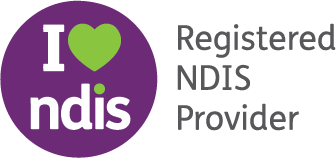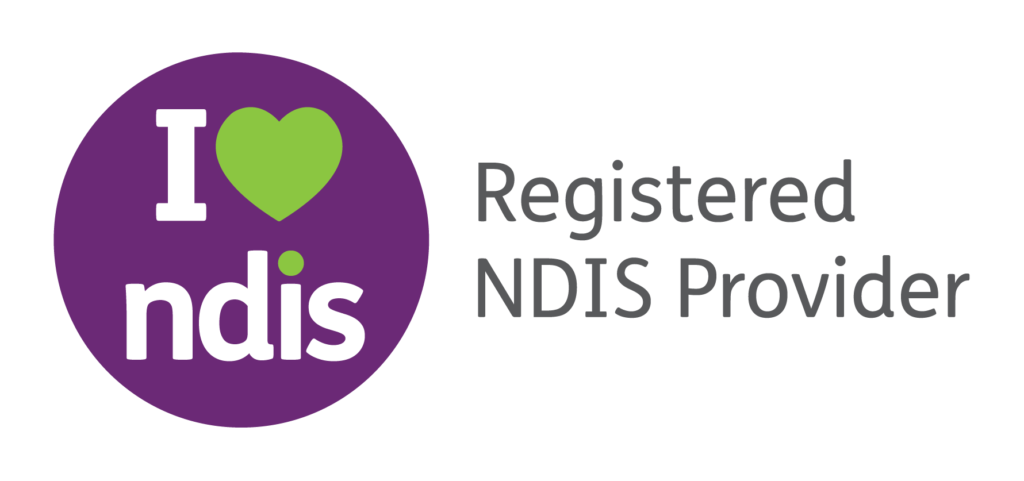Our Services
From personal care to capacity building, we offer a range of services that cater to each individual’s specific requirements. Whether you’re in need of personal care, in-home supports, community access or respite services, we’re here to provide the help you need to achieve greater independence.
Community Access
Personal Care
Capacity Building
Accessing
Our Services
If you or a loved one is in need of disability care, Direct Community Care is here to help. Our services are available through self-referral or third-party referral, making it easy for everyone to access the care they need. Contact us to learn more about our wide range of services.
Trauma Informed Care
Trauma Informed Care
It’s not what is wrong with you, it’s what has happened to you
Trauma-Informed Care is about ensuring ALL individuals feel physically and emotionally safe, are noticed and listened to, and are given a voice. Here at DCC we pride ourselves on implementing a Trauma Informed Framework to every element of the organisation and the support we provide. Trauma informed practices rests on the foundation principle of ‘do no harm’.
Trauma-Informed Framework
“Trauma Informed Practice is not about the treatment of trauma or
the symptoms, but rather a recognition that trauma experiences
are a possibility for anyone”
(Kezelman & Stavropoulos, 2012)
What does this mean for you?
In short it means we understand that trauma can impact everyday living and can make experiencing life and certain situations hard. Sometimes trauma can lead to a person having a disability and many people who have a disability are more susceptible to experiencing trauma. In Australia, a person with a disability is twice as likely to experience violence as people without a disability (Sutherland,
Kavanagh, Llewellyn, Byars, Krniacki & Hargrave, 2020).
We want to work with you to understand your trauma and respond therapeutically, using the five trauma informed principles:
- Safety – creating areas that are calm and comfortable
- Choice – providing you with options around your care
- Empowerment – noticing your strengths and capabilities
- Collaboration – making decisions together
- Transparency and Trustworthiness – providing clear and consistent information
It is imperative to recognise and understand the signs of distress, trauma impacts, coping strategies and complex behaviour support needs to support people with disability to recover from trauma .We know that changed behaviour means there is something that is worrying you and we work to understand what that is for you. This means we can adapt how we interact with you to best support you to feel safe, valued and heard.
Join the Community
Reach out today for a chat regarding your support needs.



